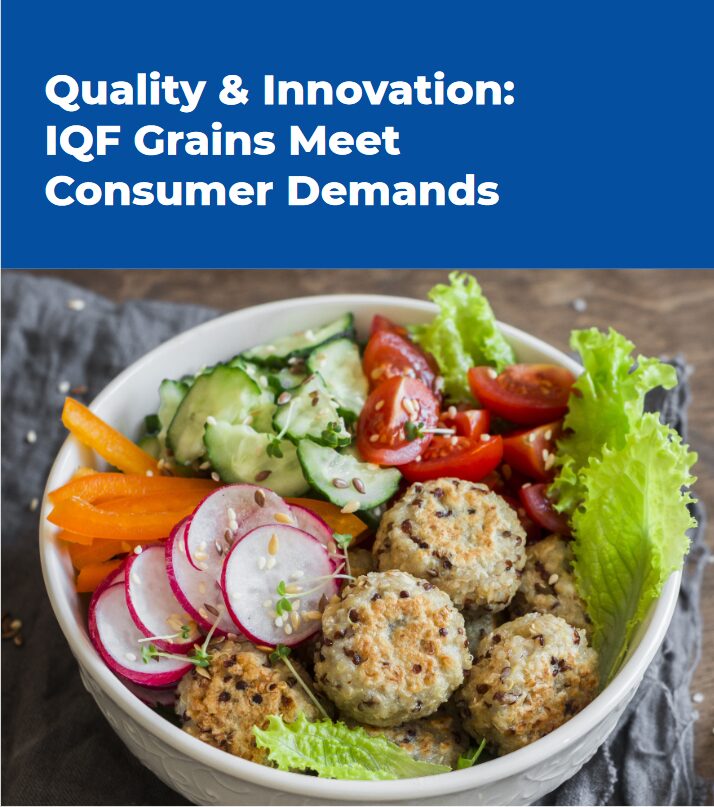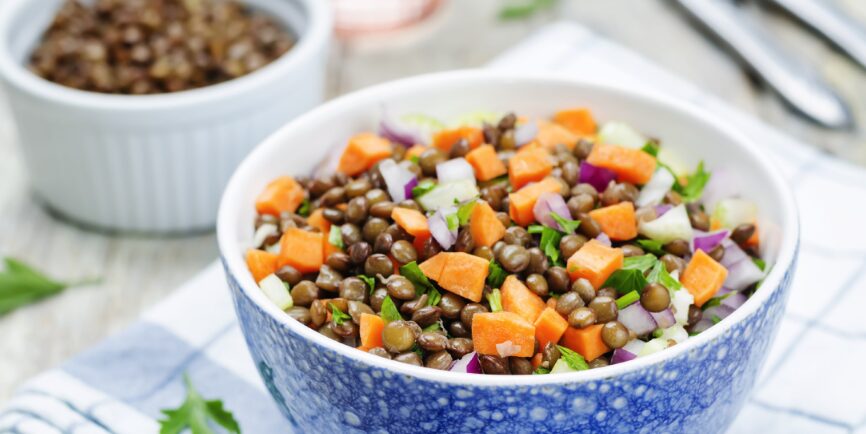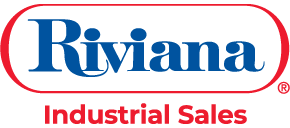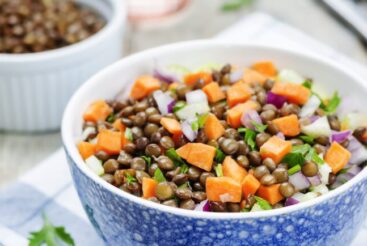White Paper – With an improved consumption perception and as a result of ever-changing consumer lifestyles, frozen foods have risen in popularity in the past few years. In addition, the influence of the COVID-19 pandemic has accelerated growth and has had a dramatic impact across all frozen food categories during 2020 (AFFI, 2020).

Frozen Food Market Overview
Market trends and projections estimate that the North America Frozen Food Market will register a CAGR of 4.14% by 2026. Consumers are mostly driven by convenience, which is one of the most important factors to consider in this category. In addition to convenience, consumers prefer products that can be prepared easily, are less time-consuming, and are ready to eat with minimal hassle involved. “Free from” labels which contain information regarding certain allergens, are also pivotal to gain market share.
Consumer Demands
In recent years there has been a marked shift in consumer behavior concerning frozen foods. Owing to the twin factors of busy lifestyles and increased consumer awareness around diet, demand for quality and convenient frozen food has undergone continued growth. In an industry driven by innovation, the demands of consumers for easy-to-make food without compromising flavor or quality are being met. It has also been observed that demand for whole grain foods free of artificial additives or preservatives is on the increase. Once again, due in large part to the rapid innovation within the industry, these demands are being satisfied.
Food Trends
With an increasing awareness of food habits has come a growth in demand for free form labels, that is, labels containing information regarding allergens and or other dietary considerations. Consumers are seeking out products that are free of artificial additives and have not been genetically modified.
Environmental Concerns Influencing Consumers
Side by side with the demand for quality ready-made food comes an increase in consumer consciousness around environmental issues. Evidence for this can be seen in the 27% growth of frozen meals positioned as plant-based in comparison to those that are not (SPINS, 2021). Foods that consist of whole grains, ancient grains, and legumes have proven particularly successful in meeting this shift in consumer behavior.
Another aspect of this is a trend towards a reduction in food waste. According to a survey by Statista, frozen meals are less likely to be thrown away as a result of spoiling. With a global supply chain, Riviana Foods IQF guarantees that all their conventional and organic ingredients are produced without the use of artificial additives and preservatives, and come with a wide range of certifications that demonstrate this.
This response has ensured that frozen food continues to satisfy shifting consumer perceptions of the products they consume.

About Riviana Foods
Riviana is America’s leading rice company and the most extensive marketer of wild rice in the world. With more than 100 years of experience, there has been a continued growth towards pursuing superior products, prime harvests and comprehensive consumer satisfaction. From the farm to the consumer, the company is committed to producing the cleanest, most wholesome rice products available.






